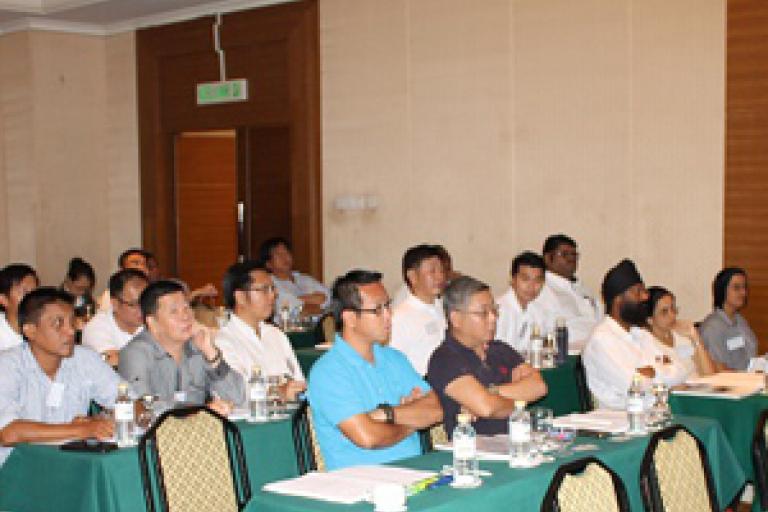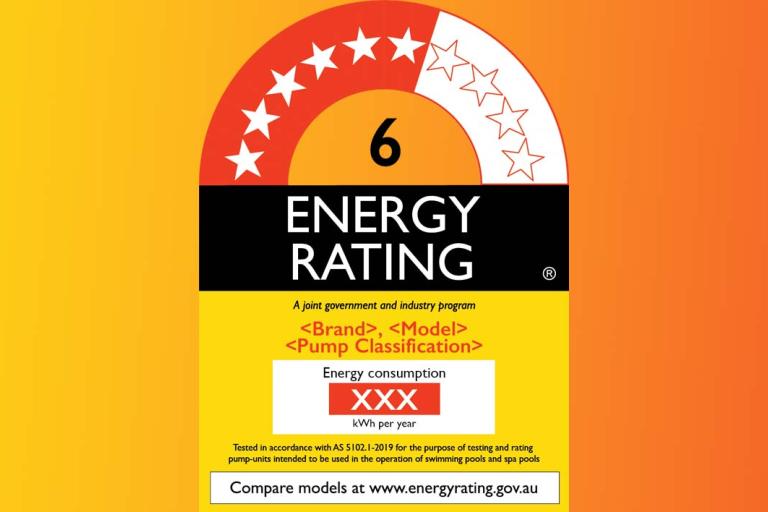National ban on the use of engineered stone from July 1

On 13 December 2023, WHS ministers representing the Commonwealth, states and territories agreed to Safe Work Australia’s recommendation to prohibit the use of engineered stone to protect thousands of workers from respirable crystalline silica (silica dust).
Jurisdictions will prohibit the use, supply, and manufacture of all engineered stone from July 1, 2024.
While the majority of engineered stone in Australia is used in kitchen benchtops, swimming pool and landscaping workers may also come in contact with it through some paving materials.
Until the prohibition of engineered stone comes into effect, workers and businesses can continue to work with engineered stone in a controlled way.
Under the model WHS Regulations, if you are cutting, grinding, trimming, sanding, abrasive polishing or drilling engineered stone using power tools or other mechanical plant, you must use one of the following:
• A water suppression (wet cutting) system;
• An on-tool dust extraction system; or
• A local exhaust ventilation system.
All workers who process engineered stone must also be provided with and wear respiratory protective equipment.
Safe Work Australia is working with the states to progress the prohibition, drafting amendments to the model WHS Regulations. The amendments will then be implemented in each jurisdiction’s WHS laws.
Safe Work Australia will also develop a national framework to ensure anyone working with engineered stone products installed prior to the prohibition is doing so safely.
Safe Work Australia CEO Marie Boland says that workplace exposure to respirable crystalline silica has led to an unacceptable increase in the number of cases of silicosis and other silica-related diseases.
“Expert analysis shows that silica dust from engineered stone poses unique hazards and there is no evidence that low silica engineered stone is safe to work with,” she says.
“This prohibition will make Australian workplaces safer and healthier.”
Boland says the vast majority of silicosis cases identified in recent years are in engineered stone workers. Many of these cases are in younger workers who are experiencing faster disease progression and higher mortality.
“The cost to industry, while real and relevant, cannot outweigh the significant costs to workers, their families and the broader Australian community that result from exposure to respirable crystalline silica from engineered stone,” says Boland.
“Continued work with engineered stone poses an unacceptable risk to workers, which is why we recommended a prohibition on the use of all engineered stone.
“Now that a prohibition has been agreed by WHS ministers, Safe Work Australia will progress amendments to the model WHS Regulations and develop guidance to support PCBUs and workers understand and prepare for the change.”
Contact: www.swa.gov.au/clearlungs




